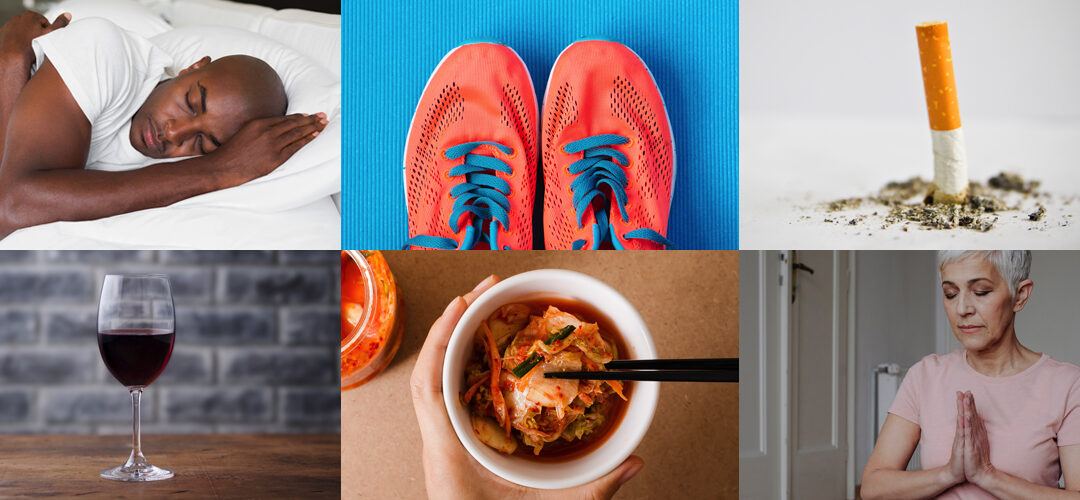Reproduced with permission from New York-Presbyterian Lower Manhattan Hospital.
Between colds, flu, and COVID-19, it’s more important than ever to incorporate positive lifestyle habits that can help you stay healthy and boost your immune system, the body’s complex system that fights infection and disease.
While there isn’t a magic pill to improve immune function, a healthy lifestyle as a whole is your best defense, according to Dr. Michael Ford. “It’s more about the big picture,” says Dr. Ford, a primary care internist at NewYork-Presbyterian Medical Group Hudson Valley and an assistant professor of medicine at Weill Cornell Medicine. “Our genetics make up about half of how well our immune systems function, but the other half is greatly influenced by our everyday habits. So there’s plenty of room for improvement.”
Health Matters spoke with Dr. Ford to learn what habits can help boost our immune system and improve our overall health.
Stop smoking.
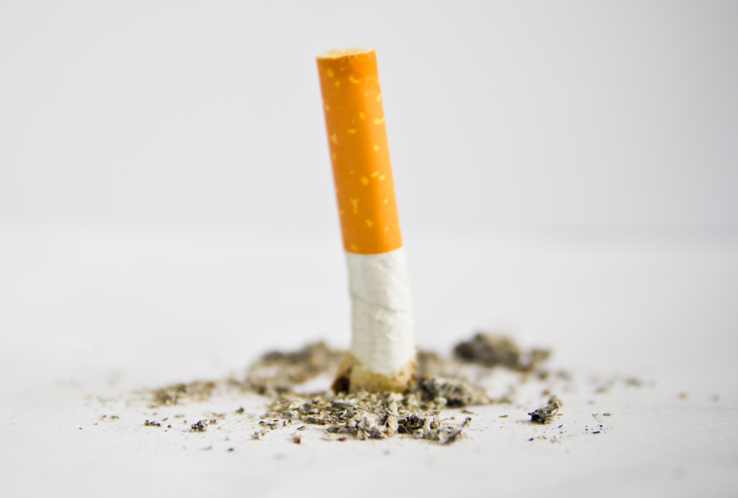
COVID-19 is a novel respiratory disease that can damage the lining of the air sacs in the lungs. In severe cases, COVID-19 affects breathing, and patients may even need ventilator support. And those with lung disease are more vulnerable. “If you’re a smoker and need a reason to quit, let this pandemic be your reason,” Dr. Ford says. With lung cancer the leading cause of cancer death in men and women in the U.S., avoiding cigarettes and vaping is always a good rule to follow. “If quitting smoking doesn’t save you from coronavirus, it could save your life down the road. So, stop smoking. That’s the number-one thing you can do to improve your immune system as a modifiable risk.”
Get enough sleep.

“Sleep is when the magic happens; it’s when the whole system of the body is revitalized,” Dr. Ford says. Scientists are still discovering all the ways sleep improves our health, but the REM (rapid-eye movement) cycle of sleep is particularly important. For instance, people with sleep apnea — a disorder in which an individual awakens right before entering the REM cycle of sleep — have higher rates of memory problems, mood disorders, heart disease, and possibly cancer.
Dr. Ford encourages people to aim for six to eight hours of sleep per night and to practice good sleep hygiene. “Set a consistent bedtime and a wake time and try to stick to that every day,” he says. “Also, avoid alcohol right before bed, as it can disrupt sleep, and keep screens out of the bedroom. The blue light tricks the brain into thinking it’s daytime and can make it harder to fall asleep.”
Reduce stress.
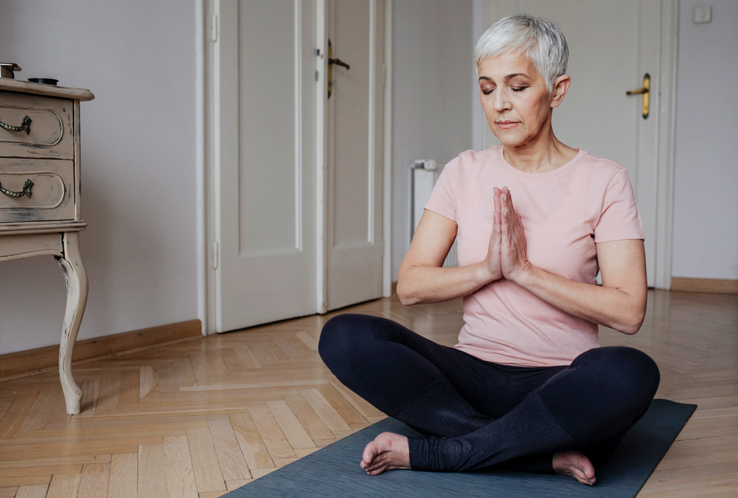
Cortisol, the stress hormone, reduces the activity of the immune system. Stress can also impact our sleep. “When you’re anxious and you’re turning things over in your mind and can’t stop thinking about them, your sleep will be negatively affected by that,” says Dr. Ford. The same goes for eating habits. When we’re stressed, we’re more likely to make bad decisions, like eating unhealthy foods, which can have a domino effect on our overall health. Look for ways to help manage anxiety during the outbreak.
“Now is a great time to work on self-betterment,” Dr. Ford says. “At a time like this, when so much of what’s happening is outside of our control, it’s deeply empowering to focus on the aspects of our immunity and resilience that we can control, giving us a sense of well-being that we’re doing everything in our power to stay healthy.”
Exercise regularly.
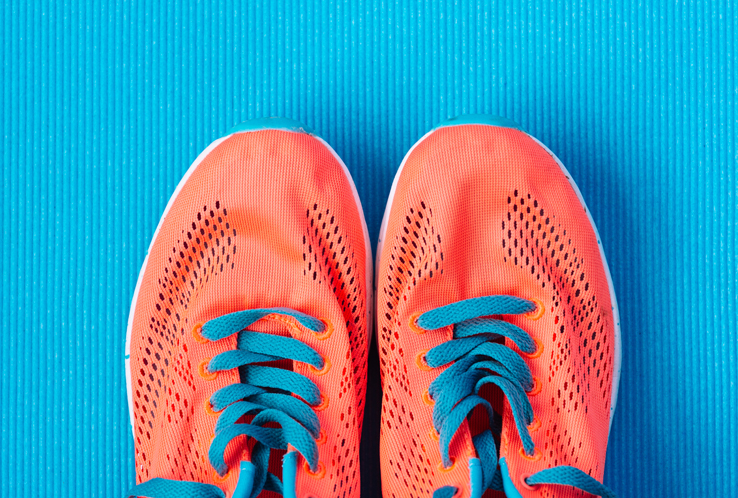
Aerobic exercise has been linked to a more effective immune system, not to mention it reduces stress and relieves depression. “We see that people who are aerobically fit tend to get sick less often than people who don’t exercise regularly,” Dr. Ford says. With most states ordering people to stay home, people have to find creative ways to fit in physical activity. But it should remain a priority. Exercise improves cardiovascular health, lowers blood pressure, helps control body weight, and protects against a variety of diseases, he says. “Picking up some form of aerobic fitness is a terrific step to improving immune health.”
Eat a plant-based diet.

“Eating a well-rounded, balanced diet, like the Mediterranean diet, that’s packed with vegetables, lean meats, and healthy fats is another way people can improve their immune system,” says Dr. Ford. A plant-based diet has similar data behind it in terms of infection prevention.
“The majority of the immune system is found in the lining of your intestine, so it’s a good idea to support your gut and microbiome with lots of good bacteria,” he says. Many people look to probiotics to supplement their gut with good bacteria, but Dr. Ford stresses the importance of a whole-foods diet rather than taking a probiotic supplement — unless you’re taking probiotics for a specific purpose, such as irritable bowel syndrome. Consider adding foods that are rich in probiotics to your diet, such as yogurt or fermented foods like kimchi, miso, and sauerkraut.
Be skeptical of supplements.
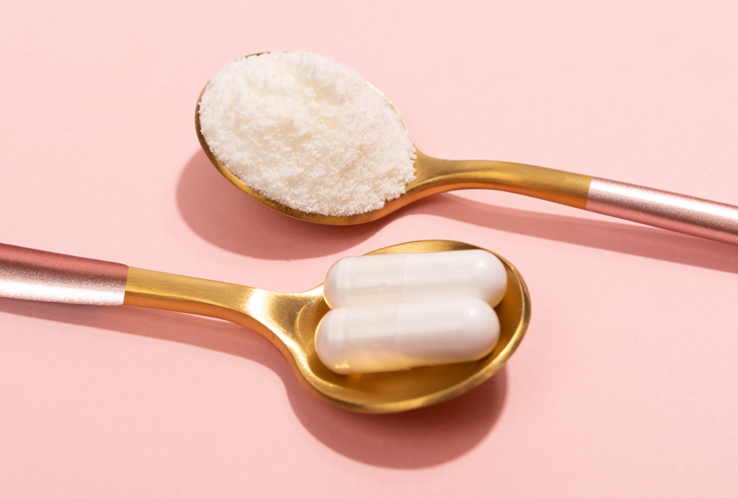
“Again, if you’re eating a mostly whole-foods and plant-based diet, then you’re going to be getting the vitamins and nutrients your body needs,” Dr. Ford says. “My recommendation is to focus less on vitamins and supplements and focus more on eating real food.”
Don’t overdo it on the alcohol.

While it may be tempting to enjoy a few more glasses than you normally would while you’re spending time at home, too much alcohol could put your immune health in jeopardy. The current U.S. Dietary Guidelines for Americans recommends that, if alcohol is consumed, it should be consumed in moderation — up to one drink per day for women and two drinks per day for men. And don’t drink right before bed, as it can disrupt sleep.
Integrating healthy habits that encompass the whole body — exercising, eating well, getting enough sleep, and reducing stress — really can help boost the immune system. Dr. Ford adds, “Treat yourself right and you’ll maximize what you’ve got.”
Michael E. Ford, M.D., is a primary care internist at NewYork-Presbyterian Medical Group Hudson Valley and an assistant professor of medicine in the Department of Internal Medicine at Weill Cornell Medicine. For over a decade, Dr. Ford has been practicing as an internist and is actively involved in internal medicine research. His research in bacteriology has been published in various medical journals, and he has presented his findings at annual medical meetings.
Check out more advice on staying healthy and boosting your immune system here.

